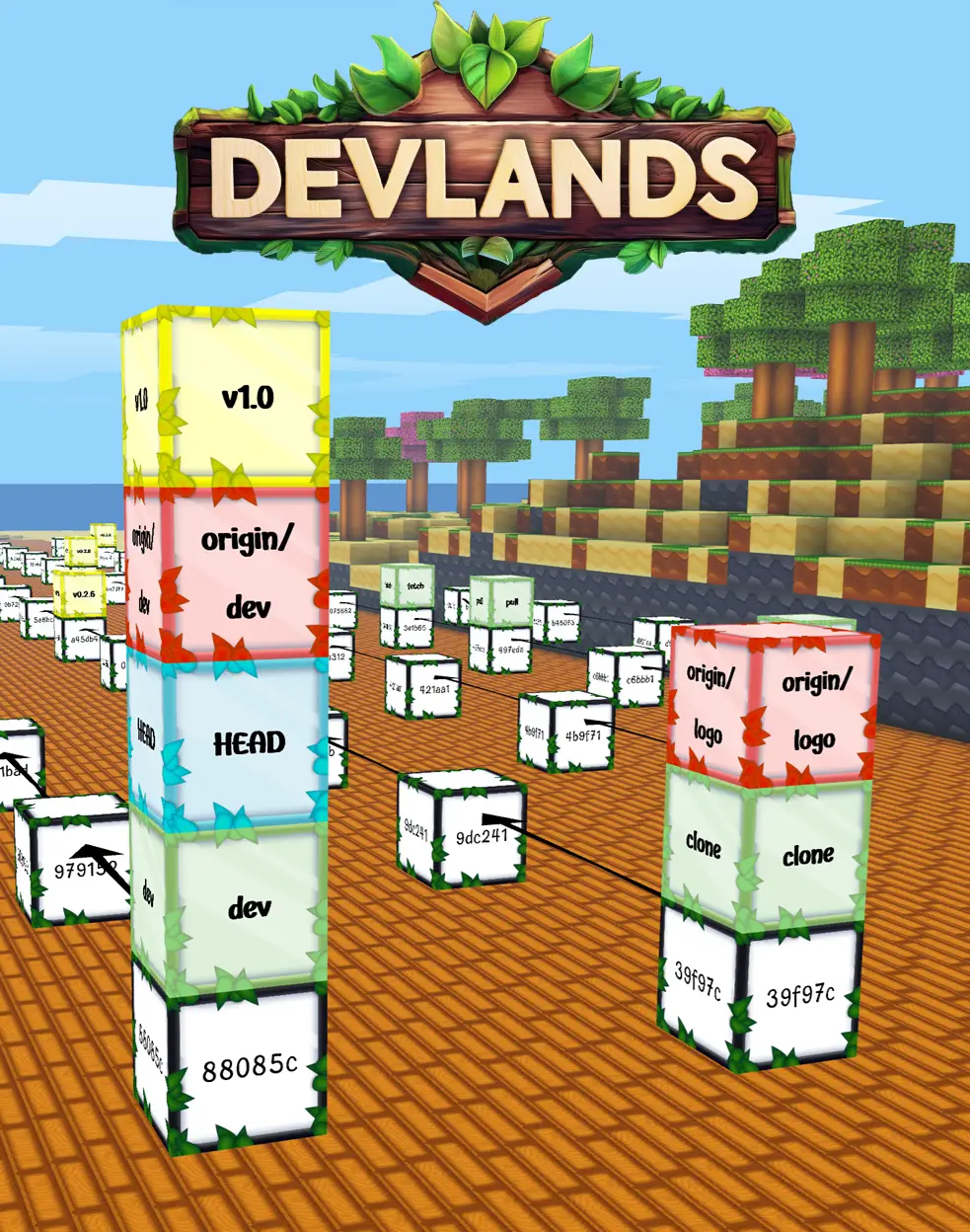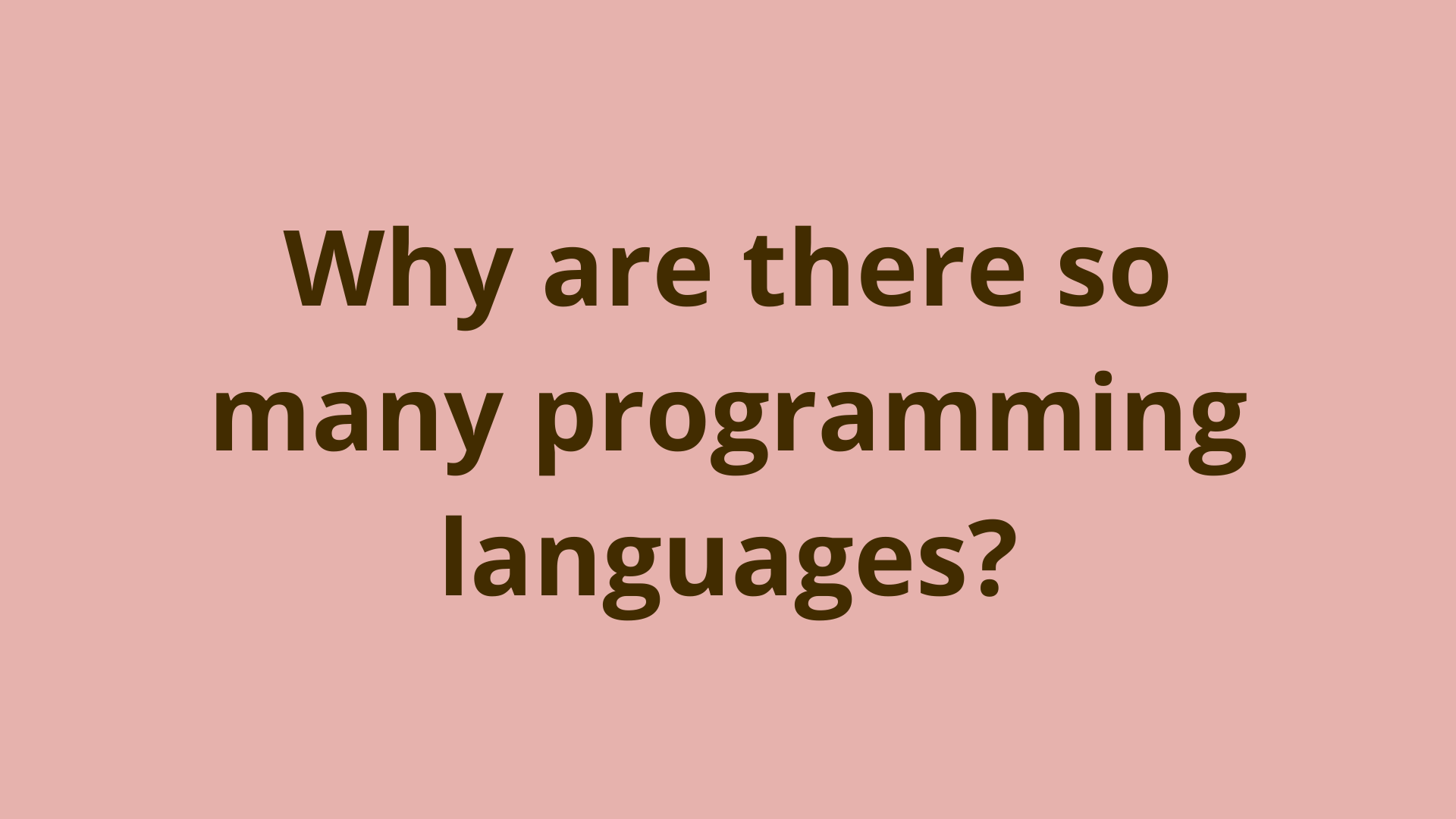What is the hardest programming language to learn?

ADVERTISEMENT
Table of Contents
Introduction
Many languages are designed to be easy to learn and use, but what is the hardest programming language to learn?
We will give this honor to Scheme, a programming language that can be difficult to use for both beginners and seasoned developers alike. In this article, we'll discuss Scheme and why we feel it is the hardest programming language to learn. We will also discuss a few other difficult programming languages and what makes them tough.
What is Scheme?
First developed by MIT in 1975, Scheme is a modern dialect of the Lisp programming language. Lisp was one of the first high-level programming languages ever created, only preceded by Fortran. It developed many of the ideas fundamental to modern programming, including tree data structures and recursion. Today, Lisp-based languages like Scheme, Clojure, and Racket are used for artificial intelligence applications and for creating domain-specific languages.
Like its predecessor, Scheme relies heavily upon lambda calculus, a branch of mathematics that creates and manipulates functions with single inputs and outputs. Lambda calculus is typically only taught in higher-level computer science classes at universities, so many self-taught developers will have minimal background knowledge to assist them in learning Scheme.
Scheme is also difficult to learn due to its unintuitive syntax. Most languages use a blend of symbols and English words to make code easier to read. Scheme uses fewer words, and the terms that it does use (e.g. cons, cdr, lambda) are unfamiliar to most newcomers. The language also has an operator-first syntax (meaning the operators are placed before the operands they operate on), whereas most other languages place operators between their operands.
Below is an example of a Python factorial function and its equivalent in Scheme. This example clearly shows Scheme's ordering, lack of words, and emphasis on parentheses.
# Python version
def fact(n):
if n == 1:
return n
else:
return n * fact(n - 1)
; Scheme version
(define (fact n)
(if = n 1
1
(* n (fact (- n 1)))))
Scheme's unique syntax also makes it more difficult to transfer knowledge to or from other languages. Most other languages use fairly similar syntaxes, so knowledge learned in one language can easily be transferred to another. Scheme, on the other hand, only transfers well to other Lisp-based languages, so prior programming experience is less useful with Scheme than it is with other languages.
Those with prior experience developing in Lisp-based languages will have an easier time adjusting, but even they often find difficulty using Scheme. This language has a relatively limited feature set, with only 23 syntactic constructs defined in the R5RS Scheme standard. Clojure, Common Lisp, and other Lisp-based languages have larger, more comprehensive standard libraries, reducing the amount of work a developer has to do themselves.
The combination of these factors has led us to nominate Scheme as the most difficult programming language to learn in this article.
Other Difficult Languages
As a bonus, here are a few other programming languages that can be difficult to learn.
C/C++
C is a general-purpose functional programming language used in a multitude of applications. C++, its modern successor, features a similar syntax but relies more heavily upon object-oriented programming. Both languages are popular for applications where performance, portability, and memory efficiency matter most, such as 3D rendering, machine learning, and operating systems.
Below is an example of the previous factorial function written in C/C++. This code compiles in either language with no modifications.
int fact(n) {
if (n == 1) {
return n;
} else {
return n * fact(n - 1);
}
}
The primary challenge when learning C programming (or C++) is not syntax or complexity, but memory management. Part of C/C++'s performance comes from placing the burden of allocating and freeing memory entirely upon the developer. Doing this incorrectly can introduce debilitating bugs and security vulnerabilities, which makes C/C++ very unforgiving.
Even developers with years of experience can fail to manage memory correctly in C or C++, leading to security vulnerabilities. With such a high learning curve, C and C++ are easily two of the most challenging languages to master.
Fortran
As mentioned previously, Fortran was the first high-level programming language. First released in 1957, Fortran has evolved from punch cards and tape reels to high-performance computing and government systems.
Here is another example of a factorial function, written in Fortran:
recursive function fact (n) result (res)
integer, intent(in) :: n
integer :: res
if (n <= 0) then
res = 1
else
res = fact(n - 1) * n
end if
end function fact
Fortran is not a particularly difficult language to use, but it has been surpassed by many other languages in terms of usability and popularity. Very few universities and programming schools teach Fortran today, and much of its community has moved to other languages in the past couple of decades. This lack of support makes it difficult for developers to find help with issues or to seek professional training.
Haskell
Haskell is a purely functional general-purpose programming language. It was the first language to include type classes, a type of overloading similar to interfaces in object-oriented programming. Today, Haskell is used for a variety of applications, from web servers to version control systems.
The key element that makes Haskell purely functional is that most of its functions have no side effects, or effects upon variables not returned from the functions themselves. This means that program execution proceeds as a lengthy chain of function calls, none of which affect the global state. This alone can prove to be challenging to learn for developers used to object-oriented and imperative programming paradigms.
Here is our factorial function written in Haskell:
fact n = if n < 2
then 1
else n * fact (n - 1)
Another difficulty when learning Haskell arises from its lazy evaluation system. In most programming languages, the output of a function is computed as soon as the function is run. In Haskell and other languages with lazy evaluation, however, a function's output is not calculated until it is needed. This has some performance benefits and allows Haskell developers to easily work with otherwise-impossible data structures, such as infinite-length lists. However, lazy evaluation can introduce cryptic errors and violates many developers' assumptions about performance and memory usage.
Conclusion
Scheme, C/C++, Fortran, and Haskell each have their own merits, and each can be used effectively in the right hands. However, all of these are undeniably more difficult for the average developer to learn and use than most other languages out there.
If you're interested in learning the basics of coding and software development, check out our Coding Essentials Guidebook for Developers.
Thanks and happy coding! We hope you enjoyed this article! If you have any questions or comments, feel free to reach out to jacob@initialcommit.io.
Final Notes
Recommended product: Coding Essentials Guidebook for Developers




